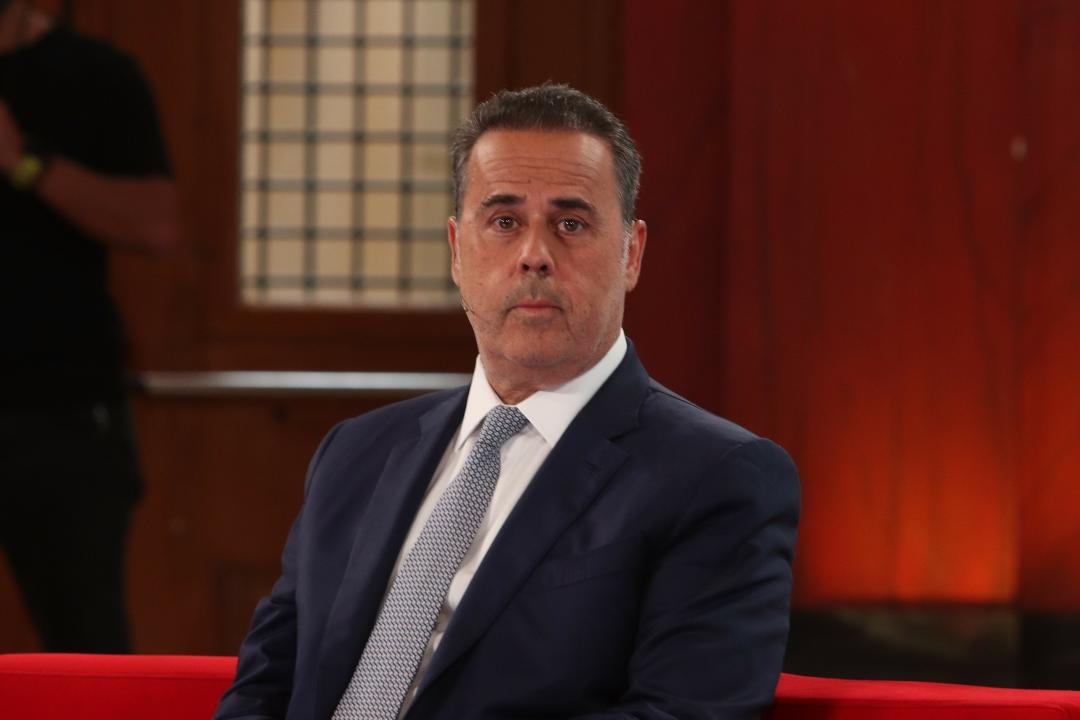Political-Energy Article
In sharp and precise terms, the Minister of Environment and Energy, Stavros Papastavrou, addressed a series of accusations from the opposition, making it clear that “there are no secret energy agreements” and that the processes with ExxonMobil, Chevron, and Ukraine are fully institutional and transparent.
Speaking on Action24, Papastavrou responded to statements by SYRIZA leader Sokratis Famellos, who questioned the Greek state’s share of profits from potentially commercially exploitable hydrocarbon fields. The Minister labeled these claims as “deliberate misinformation”, explaining the fiscal architecture of the contracts: 20% income tax, 5% regional tax, 4–15% royalties, and additional contractual provisions. According to Papastavrou, this results in a final state share of 38–40%, provided the field proves commercially viable.
With pointed criticism, Papastavrou reminded that the contract referenced by Famellos was signed by him in 2018, arguing that the opposition leader either “does not understand what he signed” or is “knowingly slandering” the government. He also emphasized the need to end what he called a “leftist hypocrisy” that distorts facts and casts shadows over procedures already ratified by Parliament.
No Secret Diplomacy – All Parliamentary
Responding to statements by Anna Diamantopoulou regarding “secret agreements”, Papastavrou stressed that the ExxonMobil agreement was ratified by Parliament in 2018, while the new Chevron agreement will pass through the Court of Audit in November before parliamentary ratification. The deal with Ukraine, he clarified, is not intergovernmental but commercial, between DEPA and Naftogaz.
According to the Minister, attempts to create a narrative of “opacity” by parts of the opposition fail to recognize the strategic importance of these energy partnerships, which constitute national achievements.
First Gas Shipments to Ukraine in January
Papastavrou highlighted the agreement with Ukraine, noting that while Greece engages in political debate, “people are dying and hospitals lack electricity.” The first gas shipments will head to Ukraine between January and March 2025, while long-term cooperation is set to start after 2030.
He stressed that Greece, having experienced invasions, has both historical and moral reasons to support Ukraine with energy.
South Crete Fields and Real Geopolitics
Regarding potential tensions with Libya over blocks south of Crete, Papastavrou was categorical: in practice, Greece and Libya respect the median line, despite public statements by Tripoli. He explained that no country dependent on hydrocarbons — particularly Libya, where these resources constitute 90% of state revenue — can isolate itself internationally while ignoring international law.
Strong Response to Moscow
The Minister deemed statements by Maria Zakharova “unacceptable”, asserting that Greece has the sovereign right to develop its defense industry.He criticized the Russian spokesperson for ignoring the Turkish invasion and underestimating Greece’s stabilizing role in the Balkans.
Extraction and National Wealth
Papastavrou emphasized that, if the evaluation of the fields within the next 18 months is successful, Greece could enter a new energy era. The start of production, he said, will bring billions into public coffers, strengthen social policies, and lead to lower electricity prices for citizens.
“The world’s largest oil company wants to proceed with Block II, and we would look at them sideways? That’s impossible,” he remarked.
Remarks on Tsipras’ Book
Finally, the Minister referred to Alexis Tsipras’ new book, calling it a period of “toxic politicization of public life”, and underlined that for true political rebranding, “one must change the content, not just the packaging.”
